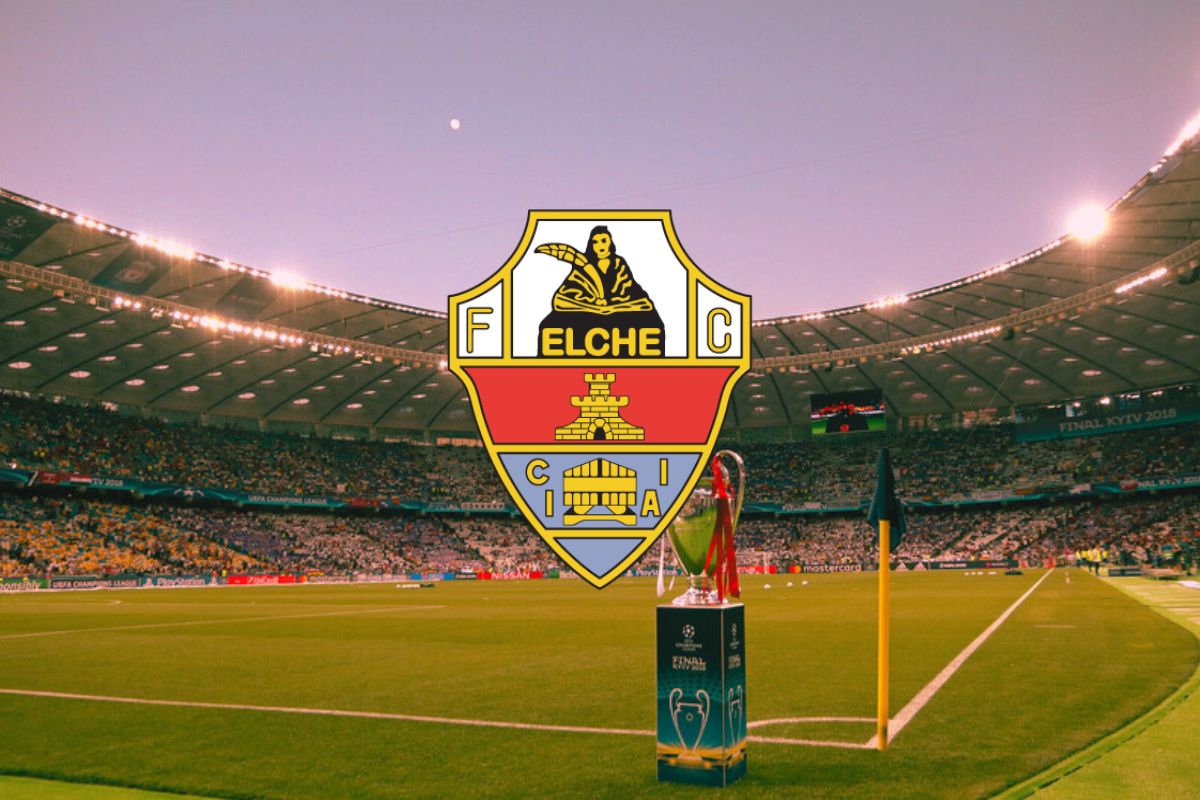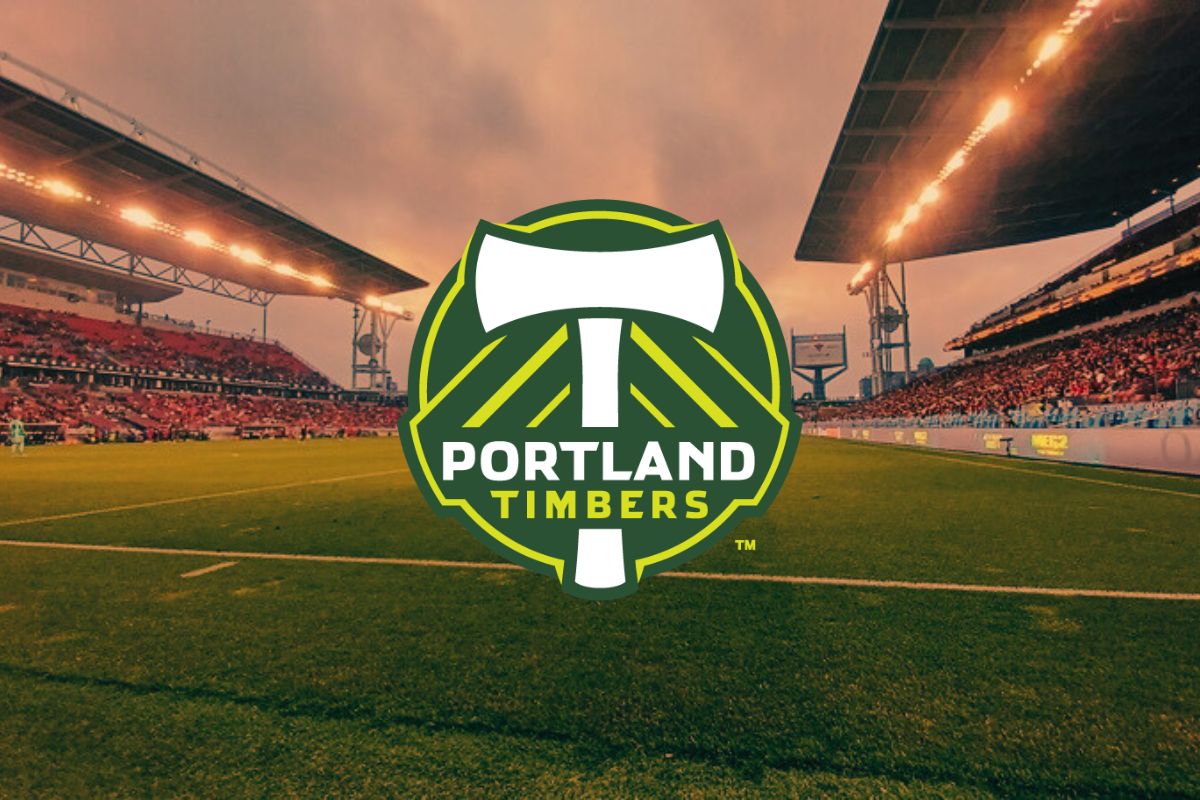Elche CF is a name that resonates in the annals of Spanish football history. Founded in 1923, Elche’s journey is one of persistence, grit, and unyielding ambition. From their humble origins, they have grown into a respected competitor in LaLiga, the highest echelon of Spanish football.
Their story is not without its ups and downs. They’ve swayed between LaLiga and the Segunda División, enduring the hard blows of relegation only to make triumphant comebacks. A highlight of their journey came in the 2013-14 season when they secured promotion to LaLiga and held their place for two seasons.
Where Stars Were Born: Elche’s Talents
Many talented players have donned the Elche jersey over the years, leaving their marks in Spain and far beyond. Here are a few to recall:
Juan Francisco Martínez Modesto, ‘Nino’: An Elche legend, Nino is a remarkable forward who holds the record for most appearances and goals for the club. After stints with Levante and Tenerife, he returned to Elche, where he continues to inspire as a part of the coaching staff.
Saúl Ñíguez: A notable product of Elche’s youth system, Saúl has made his name at Atlético Madrid, and more recently, with Chelsea in the English Premier League.
Carlos Sanchez: The Colombian international had a successful season at Elche before going on to play for Aston Villa in the English Premier League and Fiorentina in Serie A.
Elche’s Noteworthy Nemeses
Like every football club, Elche has its rivalries, adding an extra dash of excitement to those fixtures. Their main local rivals are Hercules and Valencia. The clashes against Hercules, known as the ‘Derbi del Sureste,’ are particularly intense due to the geographical proximity and shared history.
Their encounters with Real Murcia, another neighboring club, are also charged with rivalry. And, while they may not have frequently competed against them in recent years, battles with Barcelona and Real Madrid always draw attention and stoke competitive spirits.
A Seat for Everyone at Estadio Manuel Martínez Valero
The Estadio Manuel Martínez Valero is the home turf of Elche CF. This iconic stadium, with a capacity of over 33,000, provides an awe-inspiring atmosphere on matchdays.
If you are seeking an affordable experience, the ‘Curva’ or ‘Gol’ sections behind the goals offer the cheapest seats, usually starting at around €25. These are the zones where the most passionate fans usually gather, ensuring an electric atmosphere.
For a more panoramic view of the match, ‘Tribuna’ or ‘Preferencia’ sections along the length of the pitch are ideal. Tickets for these areas range between €45 to €65 and offer a more balanced viewing experience.
For the ultimate luxury experience, the VIP ‘Palco’ area provides exclusive amenities, including a dedicated entrance, catering service, and a great view of the pitch. The cost here is typically around €160, but it includes a unique blend of comfort and excitement.
Watching Elche play in LaLiga at the Estadio Manuel Martínez Valero is an unforgettable experience. Whether you’re seated in the roaring crowd of the Curva or sipping a drink in the serene luxury of the Palco, you become a part of Elche’s journey, sharing the highs and lows, the suspense, the victories, and the thrill that is football.
More to the Game
Historical Success: Elche’s most successful period in LaLiga was in the 1960s and early 70s, where they achieved their highest-ever finish in the 1963-64 season, placing 5th.
International Recognition: Elche’s home ground, Estadio Manuel Martínez Valero, has an international claim to fame. It was one of the stadiums used in the 1982 FIFA World Cup, hosting matches like the infamous semi-final between West Germany and France.
Record Appearance: Elche’s iconic player, Nino, holds the record for most appearances in Spain’s Segunda División, a testament to his commitment and longevity.
Name Change: The club was initially called Elche Football Club, but in 1936, it had to change to Elche Club de Fútbol, in line with a law that prohibited the use of foreign words in football club names.
Financial Turmoil: The club has had its share of financial struggles. In 2015, they were relegated from LaLiga to the Segunda División due to unpaid tax debts, despite finishing 13th in the league.
Mascot: The club’s mascot is a palm tree named ‘Palmerín.’ This pays tribute to the city of Elche, which is famous for its palm groves, designated as a World Heritage Site by UNESCO.







